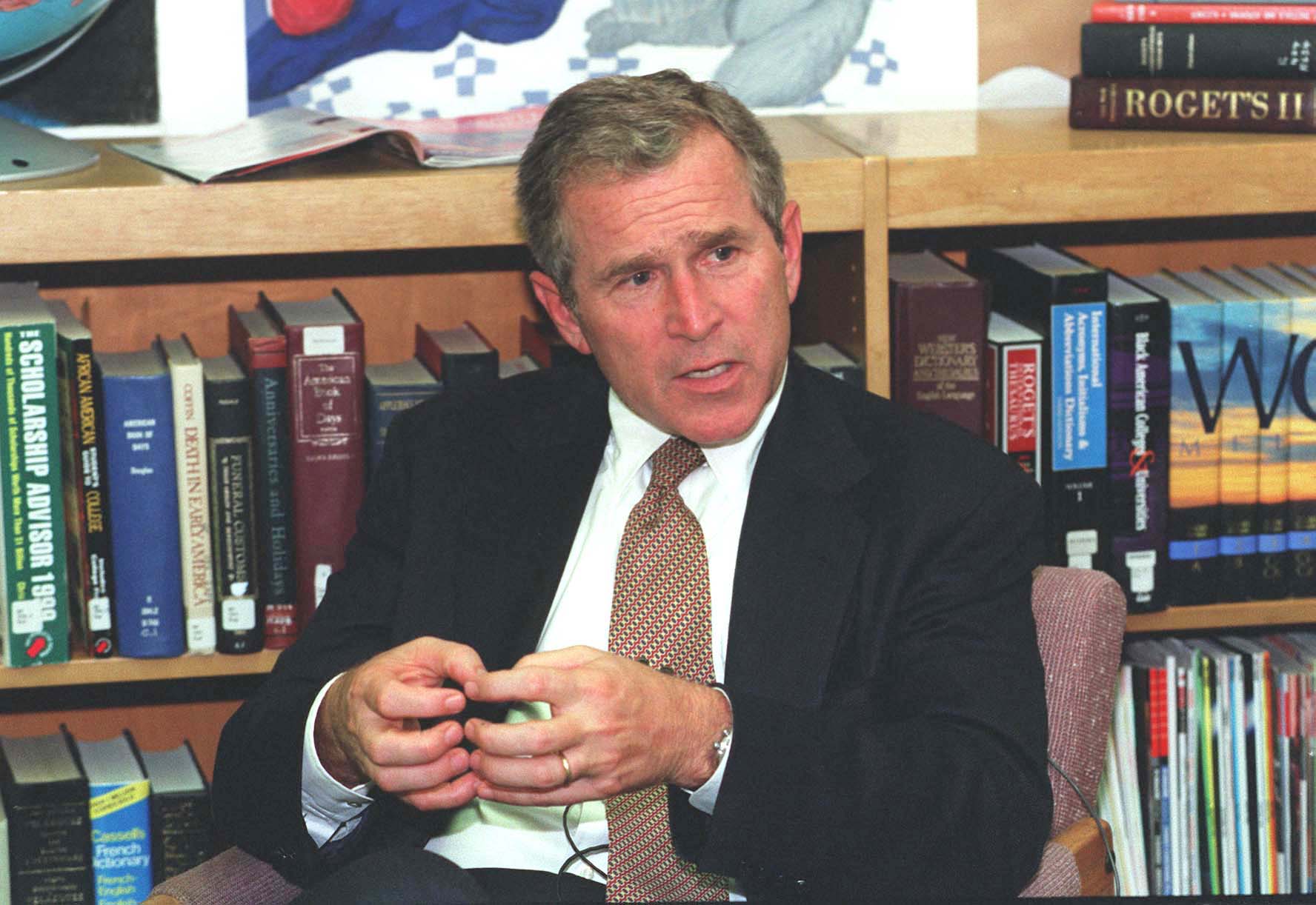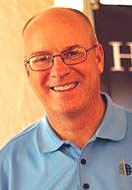
WASHINGTON (BP)–President George W. Bush took the first steps Jan. 29 in an effort to support in unprecedented fashion the social-service work of religious and other charities.
In the second week of his administration, Bush signed executive orders establishing a White House Office of Faith-based and Community Initiatives, as well as centers in five federal departments to remove barriers to religious and other organizations working with government to help the needy.
As expected, Bush’s promised action met with criticism from some organizations, especially on church-state grounds. The president attempted to address some concerns in announcing what he called “one of the most important initiatives” of his administration.
“We will encourage faith-based and community programs without changing their mission,” Bush said before signing the orders. “We will help in their work to change hearts while keeping a commitment to pluralism.”
When there are social problems such as drug addiction and homelessness, “my administration will look first to faith-based programs and community groups, which have proven their power to save and change lives,” said Bush, who declared government “will never be replaced” by such charities. “We will not fund the religious activities of any group, but when people of faith provide social services, we will not discriminate against them.”
Richard Land, president of the Southern Baptist Ethics & Religious Liberty Commission, said he thinks “there are ways to do this that will pass constitutional muster and be acceptable.” He said, however, “The devil is going to be in the details.”
The program should include the following ground rules, Land said, if it is going to be constitutional and successful:
— There must always be a viable secular alternative.
— No religious group should be restricted or discriminated against in the distribution of funds.
— All government aid must go for the non-faith-based phases of the program; the ministry should fund the religious aspects, including instruction and materials.
— “Voucherize” the intended beneficiaries of the funds, such as a working mother seeking after-school care, thereby addressing potential church-state problems. The recipients “would be making the decision about whether they would want to use a faith-based agency and which one,” Land said.
If the government attempts to censor the message of any group in any manner, then the group “should never, under any circumstances, accept the money,” Land said. “The faith-based ministry’s convictions should never be for sale.”
Jay Sekulow, chief counsel of the American Center for Law and Justice, said in a written release, “This is a creative and constitutionally sound approach that should be embraced, not shunned. It is clear the president’s plan recognizes the power of faith in our lives — it does not endorse a particular faith or religion. This is an important initiative that will enable religious groups to do even more charitable work without running afoul of the establishment clause of the First Amendment.”
Americans United for Separation of Church and State criticized the plan on various grounds, with AU Executive Director Barry Lynn calling it “a radical assault on the American tradition of church-state separation.”
“The very existence of a federal office whose principal purpose is to give tax dollars to religious groups is in irreparable conflict with the First Amendment,” Lynn said in a written statement.
Michael Tanner of the Washington-based Cato Institute described the initiative as “dangerous for many reasons,” including excessive regulations for charities that accept funding and the dependence on government aid that may be produced.
Bush planned to send a legislative package to Congress Jan. 30 to advance his faith-based proposal. It is expected to include measures to encourage charitable giving, including a proposal to allow taxpayers who do not itemize to deduct for giving to nonprofit organizations.
The president named two men to lead the faith-based effort. John DiIulio, a University of Pennsylvania professor, will head the faith-based initiatives office. Bush appointed Steve Goldsmith to the board of the Corporation for National Service to advise him on how government can cooperate with charities to address social needs. DiIulio is Roman Catholic and Goldsmith is Jewish.
The five departments that will house centers for faith-based and community initiatives are Education, Health and Human Services, Housing and Urban Development, Justice and Labor. The centers will perform a department-wide audit to identify any policies that discriminate against or discourage the participation of faith-based and other community groups.
He intends for both large organizations and neighborhood groups to receive aid, Bush said.
The president announced the action after meeting at the White House with 35 Christian, Jewish, Muslim and other charity representatives. Among those attending were John Busby, national commander of The Salvation Army; Charles Colson, founder of Prison Fellowship; Floyd Flake, former congressman and a pastor in New York City; Cheryl Halpern, national chair of the Republican Jewish Coalition; Marvin Olasky, editor of World magazine; and Eugene Rivers, a pastor in Boston.
Bush made his announcement on the same day a survey was released revealing 92 percent of the country’s religious congregations already provide human services and 90 percent offer health programs. The survey results were released by Independent Sector, a Washington-based coalition that promotes philanthropy and volunteer work.
–30–


















